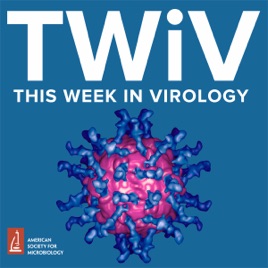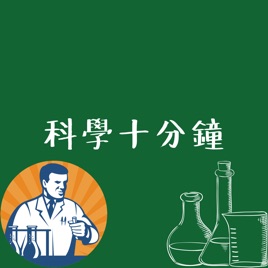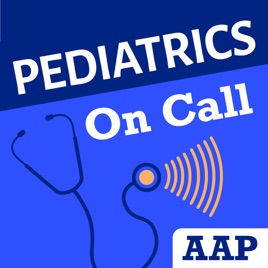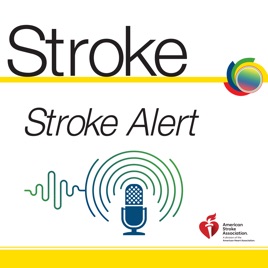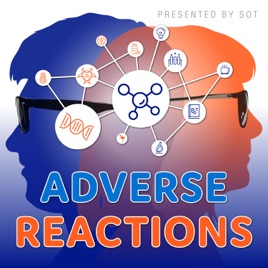
Advertise on podcast: Adverse Reactions
Description
An interview podcast bringing you the people and stories behind the science of how biological, physical, and chemical agents may cause adverse reactions to public, animal, and environmental health. This podcast is presented by the Society of Toxicology (SOT) and hosted by SOT members Anne Chappelle and David Faulkner. About Anne After graduating from the University of Delaware with a BS in biology in 1991, Anne Chappelle accidentally found her calling when she worked a gap year in an industrial toxicology laboratory. As it turned out, toxicology was the perfect marriage of protecting both human health and the environment. She then went on to receive her PhD in pharmacology and toxicology from the (now) University of the Sciences in Philadelphia in 1997, focusing on upper respiratory tract toxicity. For the last 20+ years, as a toxicologist and risk assessment expert for the chemical industry, Anne has been thrilled to not work in a laboratory anymore. Along the way, she has added a few more titles: spouse; DABT; Principal of Chappelle Toxicology Consulting, LLC; occasional blogger at My Toxic Life; and most life changing (and expensive): Mom. She is thrilled to be partnered with David to add podcast co-host to the list because it gives her the opportunity to “channel my inner Terry Gross.” About David David Faulkner’s interest in science started at age five with a few Bill Nye the Science Guy VHS tapes and hasn’t diminished since. A lifelong artist and science fan, David has worked in nearly every mass communication medium to share his love of science with the world. Now, as an early career toxicologist, David is living out his dream of co-hosting a science podcast! With a budget! And a producer! And super cool guests! And an awesome co-host! David thinks Bill would be proud. David attended the University of Michigan, where he completed a BS in microbiology, a BA in English language (emphasis in creative writing), and an MPH in environmental health sciences, and the University of California Berkeley, where he completed a PhD in molecular toxicology under the supervision of Dr. Chris Vulpe. He has held postdoctoral appointments at the Berkeley Center for Green Chemistry and the Lawrence Berkeley National Laboratory and just started a new position as a toxicological risk assessor. He also is a full-time parent to two adorable purple velvet plants: Planthony Bourdain and Marie Planthoinette. Disclaimer The viewpoints and information presented in Adverse Reactions represent those of the participating individuals. Although the Society of Toxicology holds the copyright to the production, it does not vet or review the information presented nor does presenting and distributing the Adverse Reactions podcast represent any proposal or endorsement of any position by the Society.
Podcast episodes
Check latest episodes from Adverse Reactions podcast
Podcast sponsorship advertising
Start advertising on Adverse Reactions & sponsor relevant audience podcasts
You may also like these life sciences Podcasts
